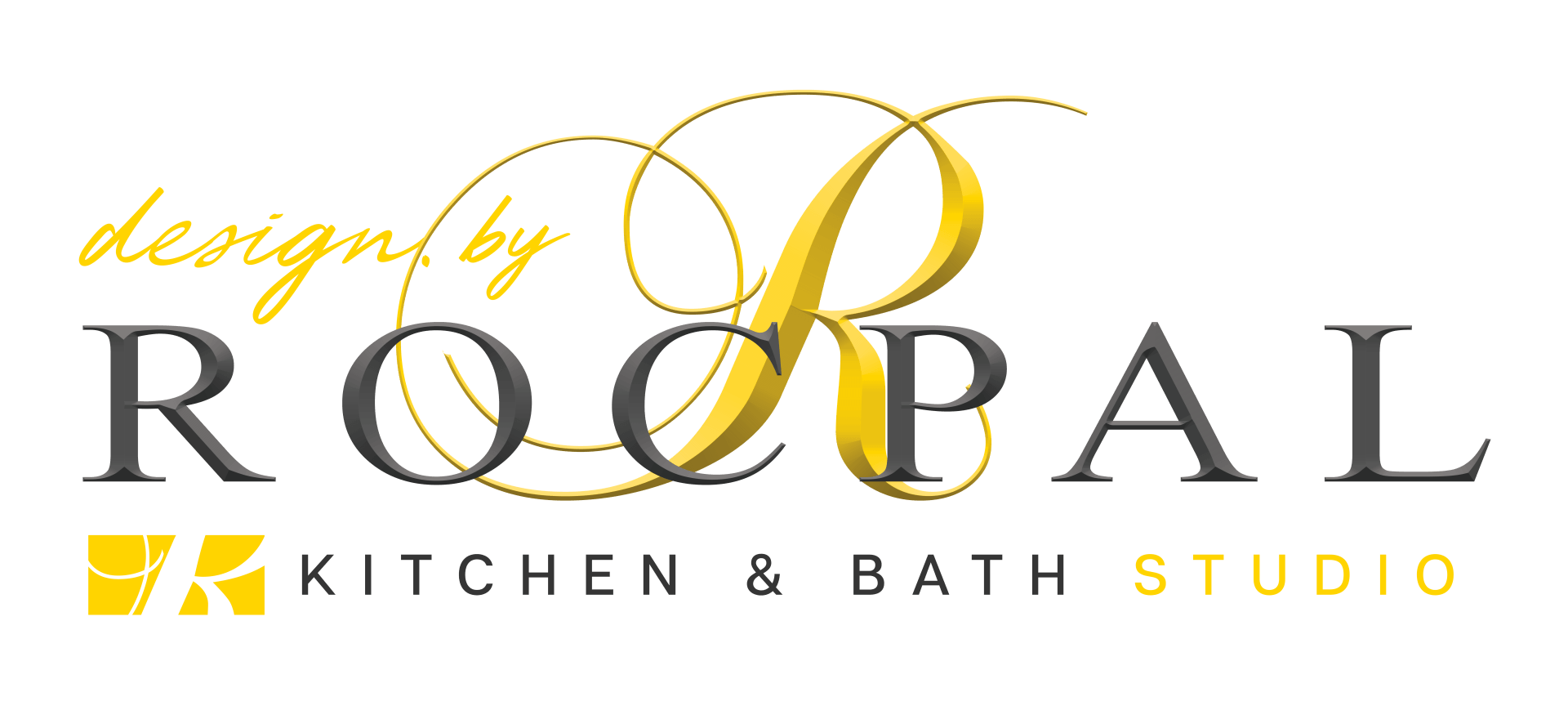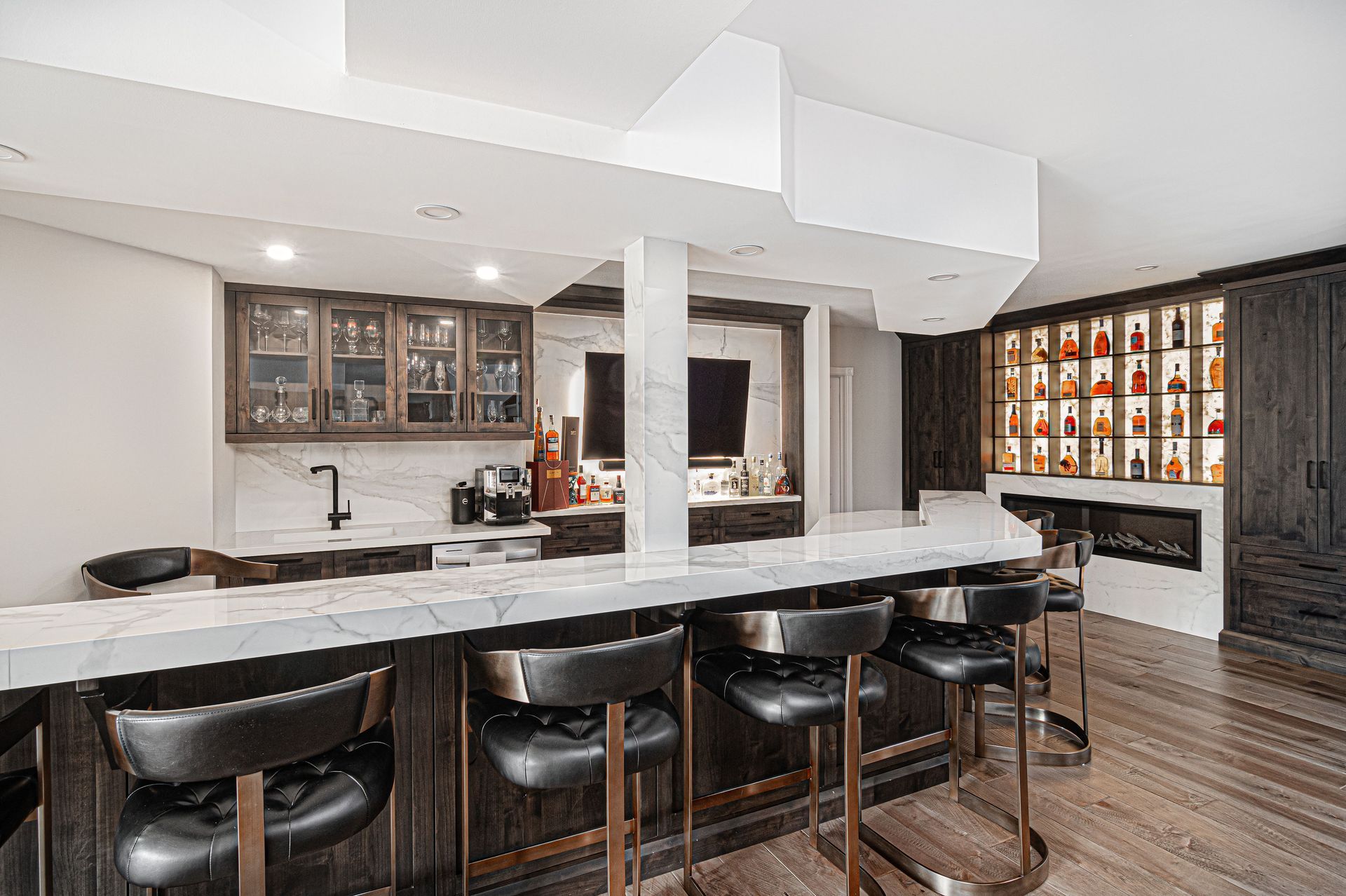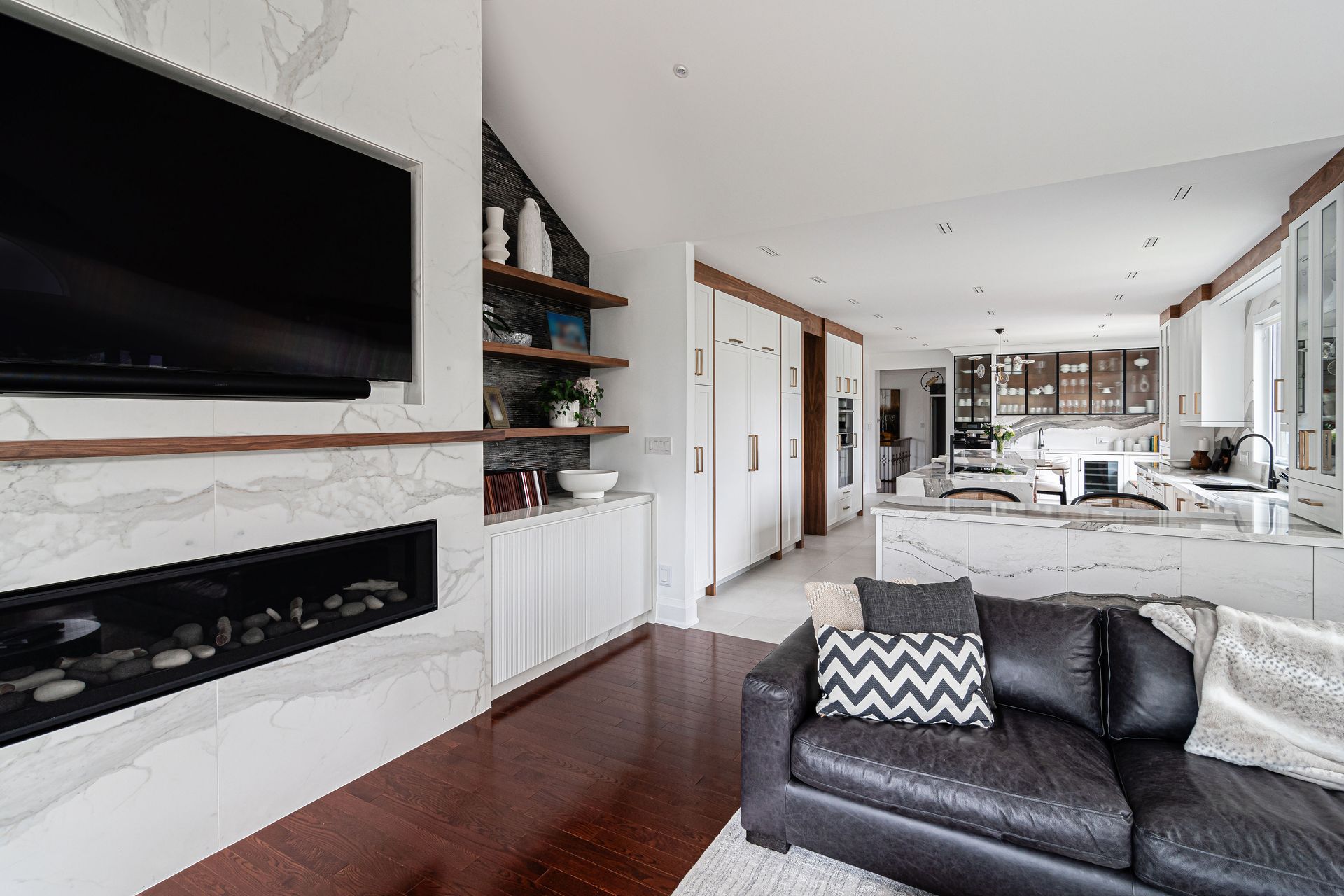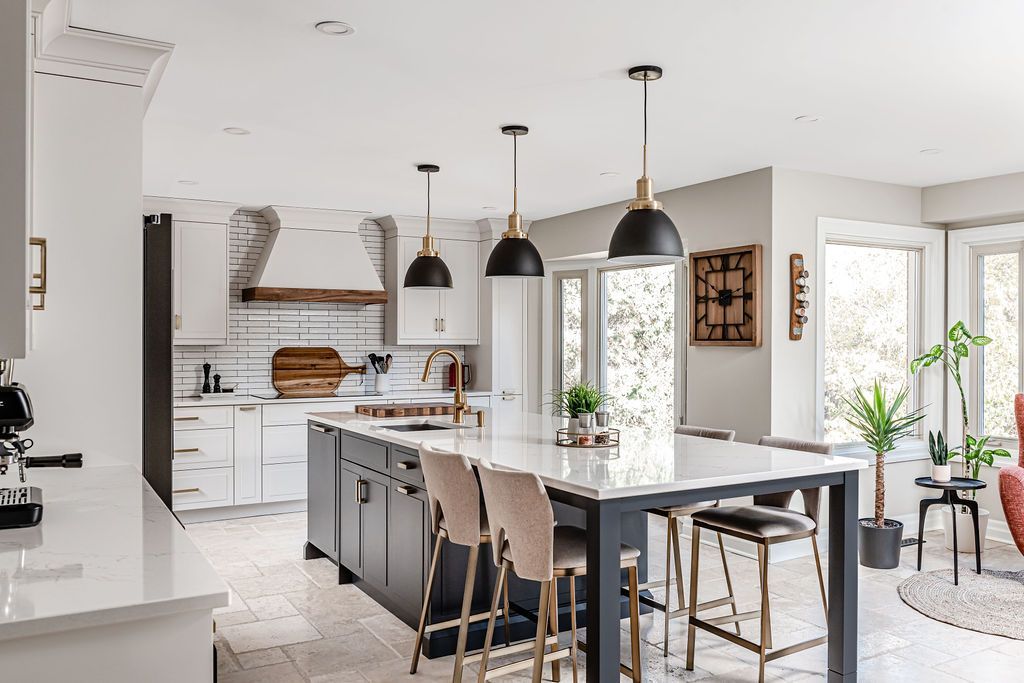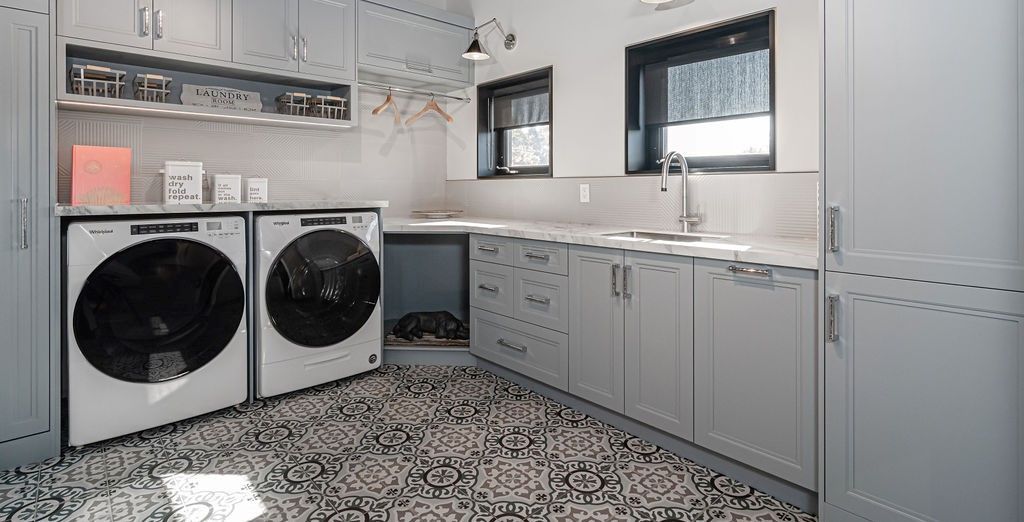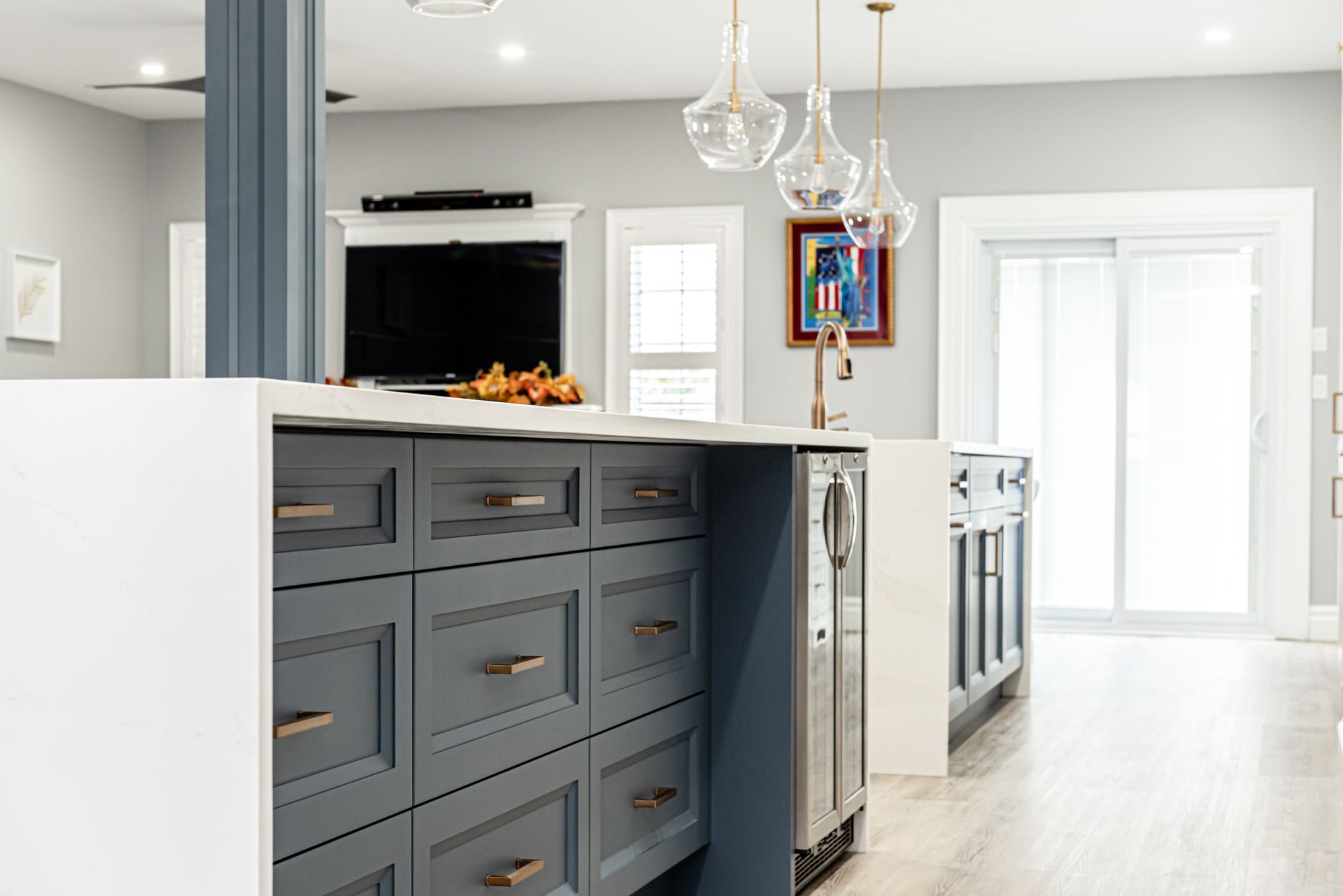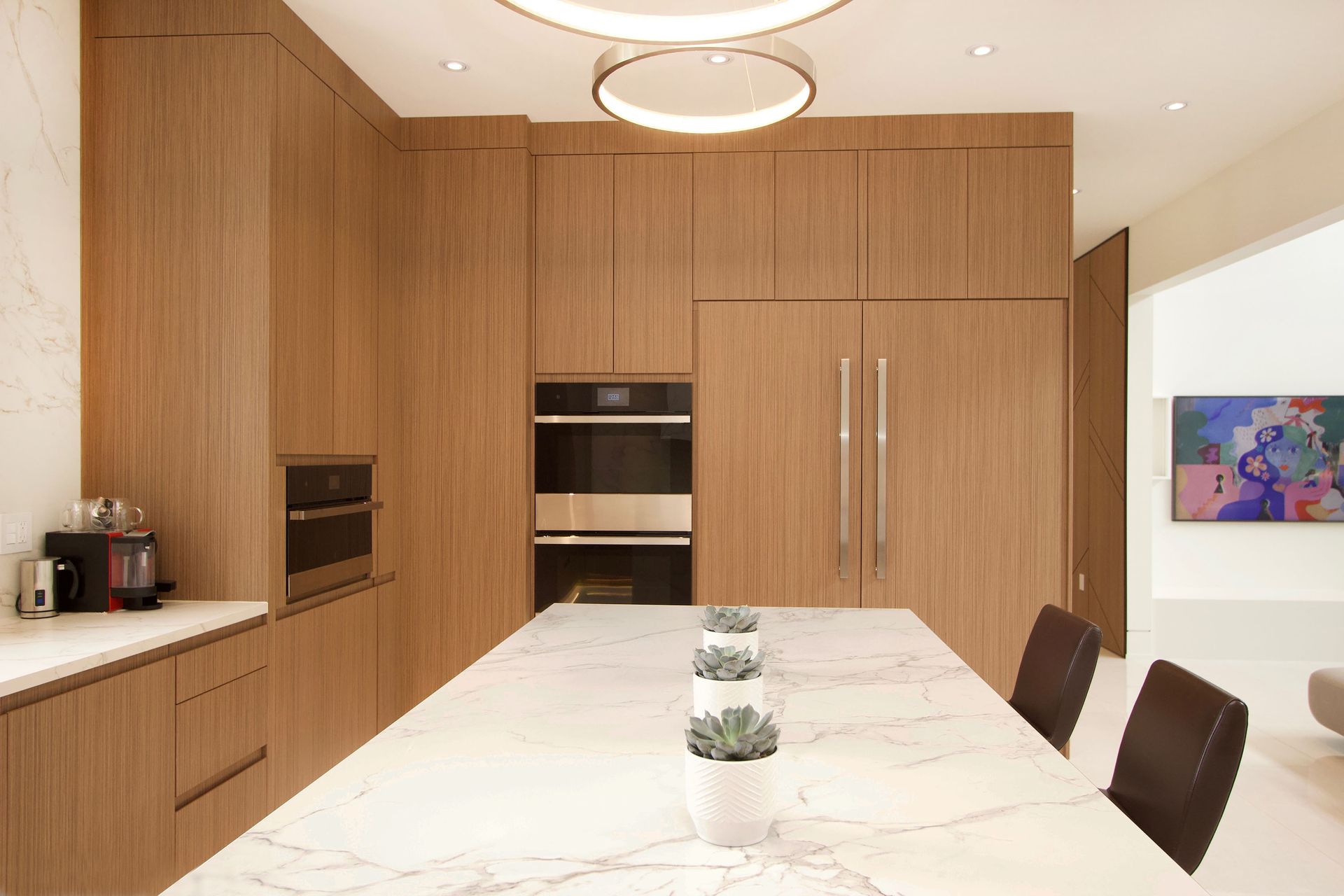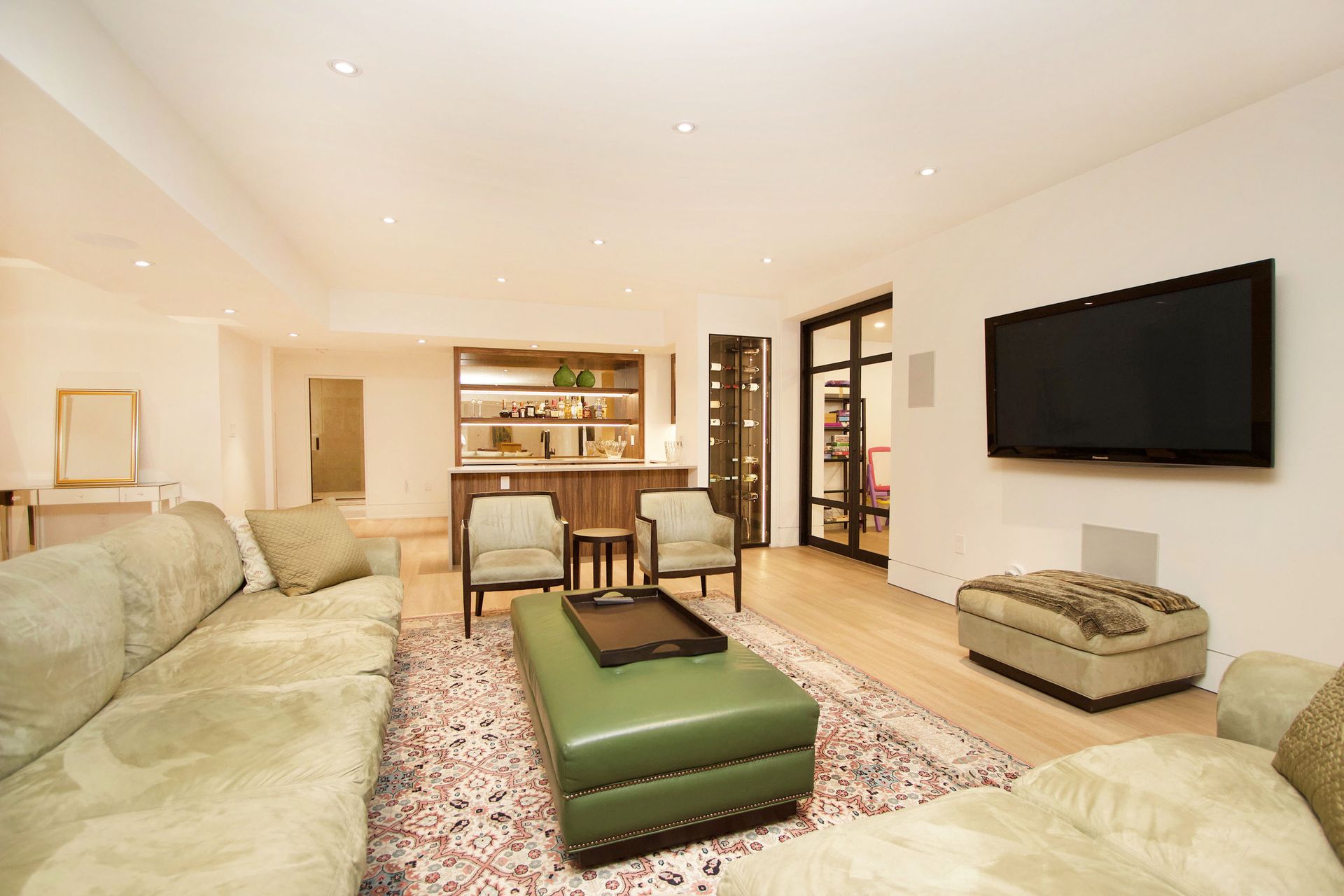Cost Breakdown of Toronto Bathroom Renovations
Introduction to Bathroom Renovation in Toronto
Bathroom renovations in Toronto are an exciting opportunity to modernize your space and enhance your home's overall appeal. Homeowners are increasingly investing in these projects to incorporate the latest design trends and improve usability. With the city’s diverse range of homes, from historic properties to modern condos, each renovation can offer unique challenges and opportunities.
Understanding the specific costs associated with bathroom and vanity renovations in Toronto is essential for effective planning. Whether you’re updating an old bathroom to add value to your property or creating a spa-like retreat, knowing where to allocate your budget will help you achieve your goals. From selecting the right materials to hiring skilled professionals, each decision plays a vital role in the final outcome.
Additionally, navigating local building codes and obtaining necessary permits are important steps to ensure a smooth renovation process. Homeowners can expect a range of expenses based on their choices, making it crucial to prioritize elements that will provide the most significant impact for their investment.
Factors Influencing Costs
Several elements affect the overall expense of a bathroom renovation. The bathroom’s dimensions and design are key factors, with larger or more intricate layouts typically requiring additional materials and labor. The selection of materials and fixtures also plays a significant role; opting for premium tiles, countertops, or fittings can substantially drive up costs, while more budget-friendly alternatives can help manage expenses.
Additionally, the complexity of the work involved, such as plumbing and electrical modifications, can influence the total cost. Labor rates in Toronto can vary, so it's crucial to get multiple quotes from reputable professionals. Other considerations include the age and condition of the existing bathroom, as older homes might present unforeseen challenges like outdated wiring or plumbing that need addressing.
The choice between a partial renovation versus a complete overhaul can also affect costs, as extensive projects naturally demand more resources. Finally, factors such as local permit fees and compliance with building codes should be considered when estimating the budget.
Breakdown of Typical Costs
Skilled tradespeople such as plumbers, electricians, and tilers are essential to ensure quality work and compliance with local codes. Material costs can add up quickly, including expenses for tiles, fixtures, and cabinetry. It’s essential to balance quality with budget constraints to achieve your desired outcome. Plumbing work can be particularly costly if it involves relocating pipes or installing new fixtures. Electrical upgrades, such as adding outlets or new lighting, also contribute to the overall expense. When considering cabinetry, custom-built options tend to be more expensive than pre-fabricated ones.
Additional features like heated floors, high-end shower systems, or luxury bathtubs can further increase costs. Even small details, such as hardware and accessories, should be factored into the budget. It’s beneficial to get multiple quotes from contractors to find the best rates for both labor and materials.
Cost-Saving Tips
Consider undertaking some DIY tasks like painting or installing simple fixtures to cut down on labor expenses. When shopping for materials, look out for sales, discounts, and explore various suppliers to secure the best deals. Opt for mid-range materials that offer a balance of quality and cost-efficiency. Reusing existing fixtures or refinishing elements like bathtubs and cabinets can also provide significant savings.
Limiting structural changes and focusing on cosmetic updates can help keep the budget in check. Additionally, scheduling your renovation during off-peak seasons might result in lower labor costs as contractors may offer discounts during these periods. Prioritize essential upgrades and delay non-urgent changes to manage expenses more effectively.
Average Cost Estimates
Bathroom renovation costs can widely differ based on project specifics. For those on a budget, focusing on cosmetic updates such as new paint, hardware, or fixtures can cost between $5,000 and $10,000. These projects typically avoid major structural changes and aim for a fresh look without high expenses.
Mid-range renovations generally range from $10,000 to $20,000. These projects might involve replacing fixtures, updating tiles, and incorporating some new cabinetry. The materials chosen for these updates tend to offer a good balance of quality and affordability, ensuring a substantial upgrade without breaking the bank.
High-end renovations can exceed $20,000 and often include luxury materials and comprehensive changes. These projects might feature custom cabinetry, high-end fixtures, heated floors, and advanced shower systems. The focus is on creating a spa-like experience with top-quality finishes and modern conveniences.
Additionally, unexpected costs can arise, particularly in older homes where plumbing or electrical systems may need significant upgrades. It’s important to budget for contingencies to manage any surprises that could impact the overall cost.
Considering these various levels of renovation can help homeowners align their projects with their financial expectations, ensuring they invest appropriately based on their goals and available budget.
Rocpal can help make any bathroom renovation project a reality.
Permits and Regulations
Navigating the permit process is an integral part of bathroom renovations in Toronto. If your project involves significant alterations to plumbing, electrical systems, or structural changes, obtaining the necessary permits is mandatory. The cost of permits can vary depending on the scope of work and the specific requirements set by the local authorities.
Before starting the renovation, it's advisable to consult with the City of Toronto’s Building Division or a professional contractor who can guide you through the permit application process. Ensuring that your renovation complies with local building codes is crucial to avoid potential fines or delays. The permit process typically involves submitting detailed plans of the proposed work and undergoing inspections at various stages of the project.
In addition to permits, certain renovations may require adherence to specific regulations, such as those related to accessibility standards or energy efficiency. These regulations aim to ensure safety, sustainability, and accessibility within residential spaces. Being well-informed about these requirements will help you avoid costly adjustments later on.
